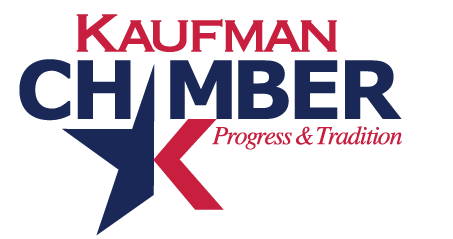- Leaders who mask their lack of knowledge with jargon and buzzwords can diminish trustworthiness and discourage critical thinking.
- “I don’t know” is a sign of strength, not weakness, as it offers an opportunity to foster team unity and extend learning.
- Leaders should model accountability, authenticity, and a commitment to seeking knowledge in order to cultivate a healthier workplace culture.
- By embracing curiosity and encouraging critical thinking, leaders can empower their teams while enriching their own skills.
541 / 2 min. read
In any organization, there will always be times when the leaders don’t have the answers. However, rather than admitting they don’t know something, some leaders will instead try to disguise their lack of knowledge with jargon and buzzwords.
Pretending to know everything can quickly undermine your credibility as a leader when your lack of knowledge surfaces. Not only does this diminish your trustworthiness, but it also stifles open dialogue and critical thinking in the workplace. This power imbalance may discourage employees from challenging managerial perspectives, inadvertently limiting the organization to the narrow viewpoint of its leaders instead of leveraging the collective wisdom of the entire team.
The good news is that it doesn’t have to be this way. The key to building trust with your employees and fostering honest discussions is to role model how to be an accountable leader who speaks honestly about what you know and commits to learning more when you don’t. Read on to learn how to embrace the wisdom of ‘not knowing’ and how to serve your teams as a proactive leader and learner.
How to Take Off Your ‘Heavy Armor’
There’s no shame in simply not knowing the answer to something. And yet, shame is what many leaders feel when they do not have an answer or ready-made solution. Unfortunately, the sting of embarrassment leads to some unflattering behavior, where leaders may anxiously ramble on or use unfamiliar jargon to prop up their expertise.
Acclaimed writer and researcher, Brené Brown says that self-protection is what gets in the way of saying ‘I don’t know.’ Many leaders have been shamed or embarrassed publicly when they haven’t known something and develop what Brown calls ‘heavy armor.’ Brown writes that being the ‘knower’ is common for many leaders but puts them in an unwinnable position: “Unfortunately, needing to know everything is pretty miserable for the knowers and everyone around them. It leads to distrust, bad decisions, and unnecessary, unproductive conflict.”
While it may take some practice, there is surprising power in saying, “I don’t know,” especially when you follow up later with informed answers. In order to embrace this approach, however, you will need courage to remove your armor.
The Curious Leader
Embracing curiosity and admitting uncertainties as a leader fosters an environment of critical thinking and problem-solving. Translating ‘I don’t know’ into ‘let’s discover,’ emphasizes the importance of understanding over mere knowledge. The World Economic Forum highlights analytical and creative thinking as top in-demand career skills. In our dynamic world, expecting leaders to know everything is unrealistic. Overall, fostering diverse perspectives and problem-solving allows leaders to navigate past personal ego and prioritize obtaining precise and current information for the organization’s advantage.
The Takeaway
Leaders can cultivate a healthier, collaborative workplace by embracing the power of “I don’t know.” Instead of viewing it as a weakness, see it as an opportunity to foster team unity and extend learning. Curiosity and a commitment to seeking knowledge are more beneficial than pretending to know it all. The best leaders lead by example, showing accountability, authenticity, and a willingness to learn. By fostering critical thinking, you enrich your leadership abilities and empower your team. Strength lies not in having all the answers, but in the courage to seek them out together.
Last modified: November 20, 2023




